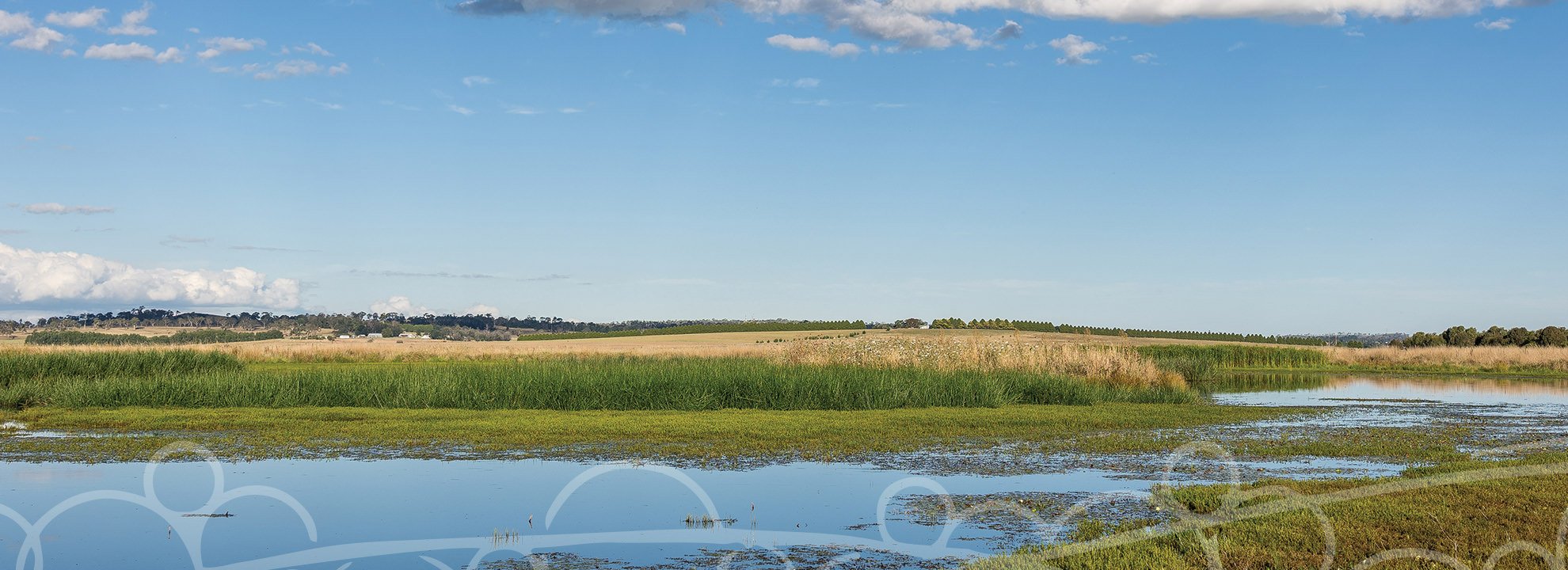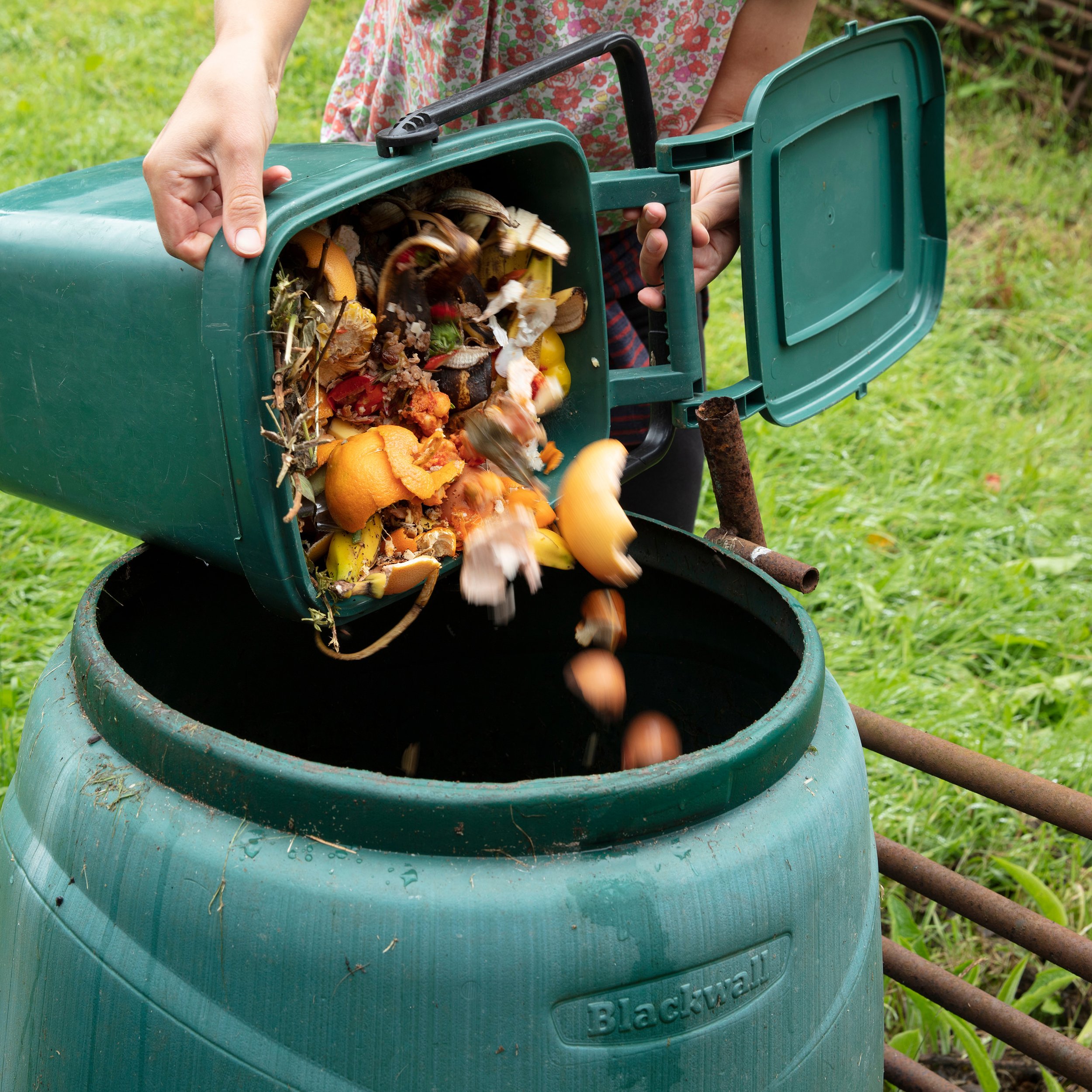
ENVIRONMENT
RAMSAR Documentary - Little Llangothlin Nature Reserve
In this documentary, we share how we are discovering the web of life at Little Llangothlin Nature Reserve - a RAMSAR designated site in the eastern country between Guyra and Glen Innes, NSW - on Banbai traditional country.
Filmed by David Waugh of verso, all participating government agencies, scientists, volunteers, and bird watchers share their experiences at the Reserve and their roles in this five year project funded by the Australian Government and Local Land Services.
Glen Innes Natural Resources Advisory Committee (GLENRAC) manages the project on behalf of these agencies and in partnership with National Parks and Wildlife Service.
"This is so beautifully filmed and a really informative documentary.” - Australian Government.
Little Llangothlin Nature Reserve - RAMSAR Project
We are delighted to be able to share this short video of the Little Llangothlin Upland Wetlands Reserve with you! Featuring amazing insights from ecologist Dr John T Hunter and NSW National Parks and Wildlife Service Ranger, Koen Dikjstra.
As part of the National Landcare Program RAMSAR project, GLENRAC have been working in partnership with NSW National Parks and Wildlife Service, Northern Tablelands Local Land Services, NSW Rural Fire Service, Banbai Rangers and BackTrack Youth to protect the unique biodiversity under threat within the Upland Wetlands.
This video attempts to bring about a better understanding of what these wetlands represent, how they ‘work’ in our region and what it would mean if they were ever allowed to burn.
Composting Guide (2018)
Around half of the average household waste bin is organic waste – i.e. food scraps and garden waste which could be turned into nutrient rich composted.
Organic waste sent to landfill takes up valuable space and creates a lot of expense and environmental problems including the production of methane gas. Sending organic waste to landfill is a loss of a great resource, its much better to keep those precious nutrients on site.
Composting is a natural fertiliser that increases the health and growth of your garden plants. Adding compost to your soil greatly improves soil structure and moisture retention.
Plastic recycling
Plastics are the most common rubbish item found on Clean Up Australia Day, representing over 30% of all rubbish collected over the past 10 years7. This includes drink containers, confectionary packets and water bottles, all of which pose a huge threat to wildlife and our environment. Recycling plastic saves energy, valuable resources and helps to protect our environment.

